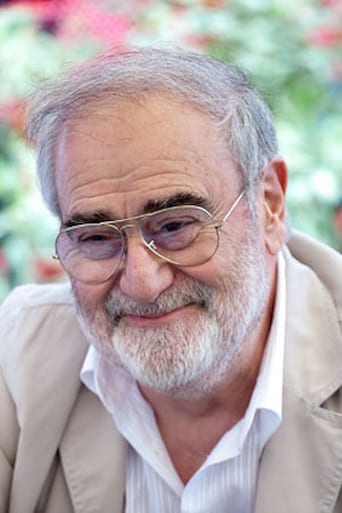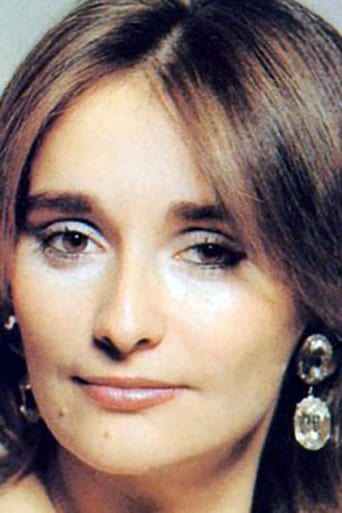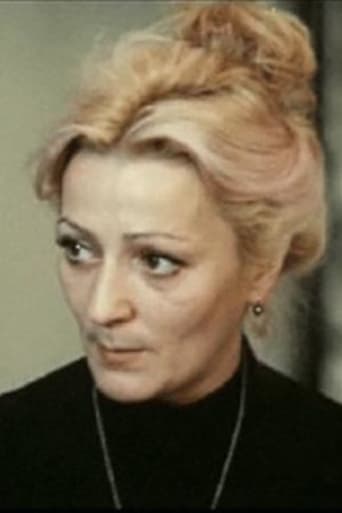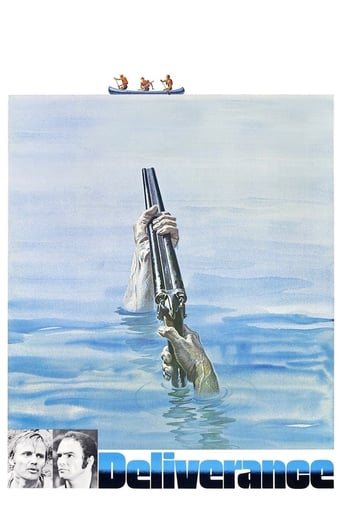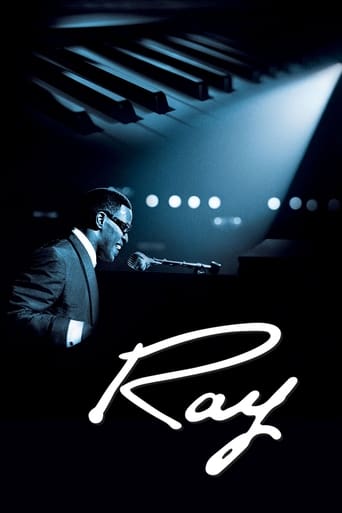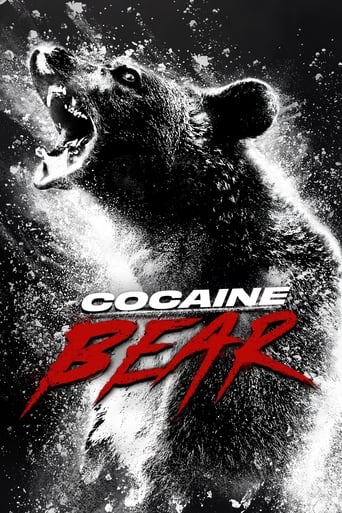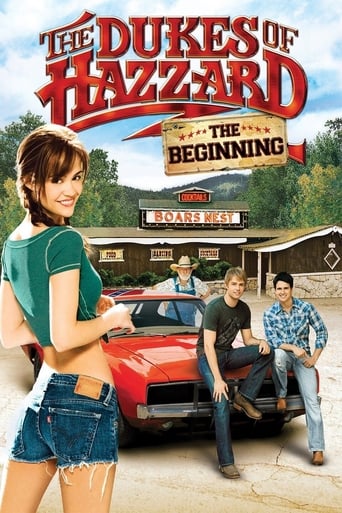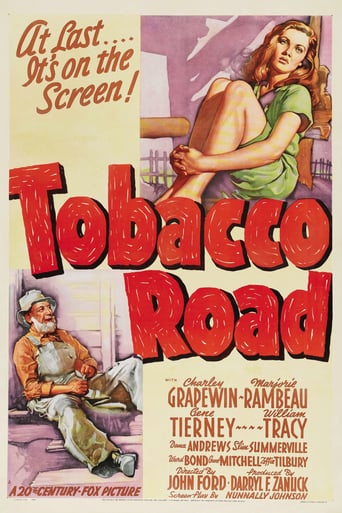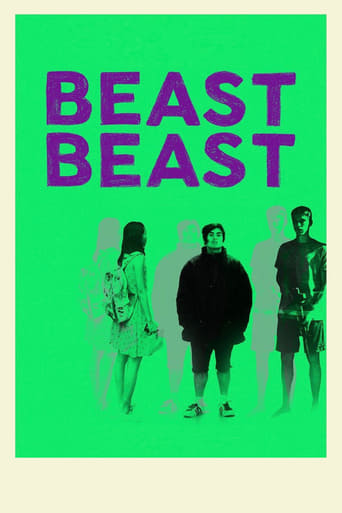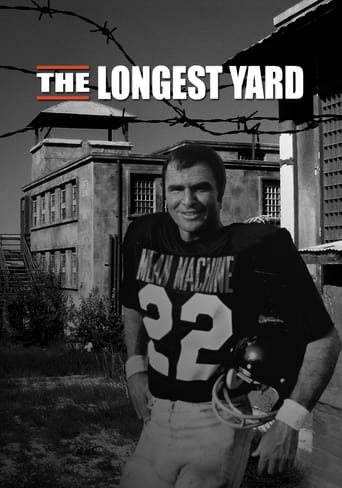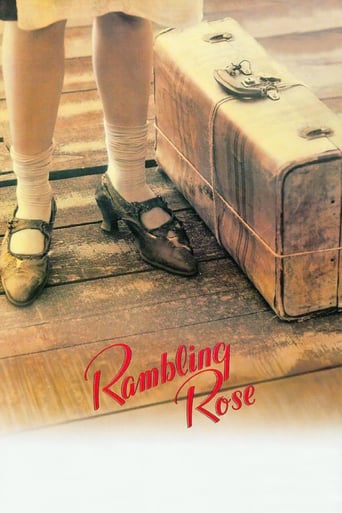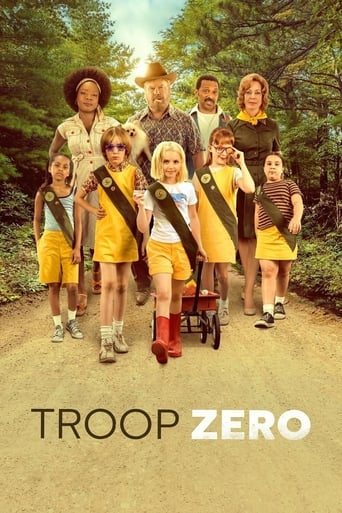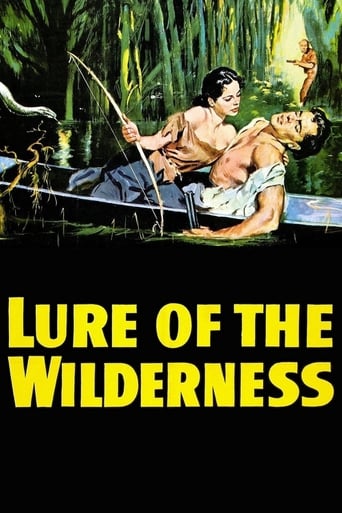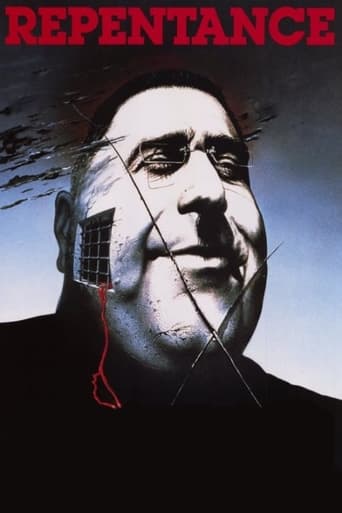
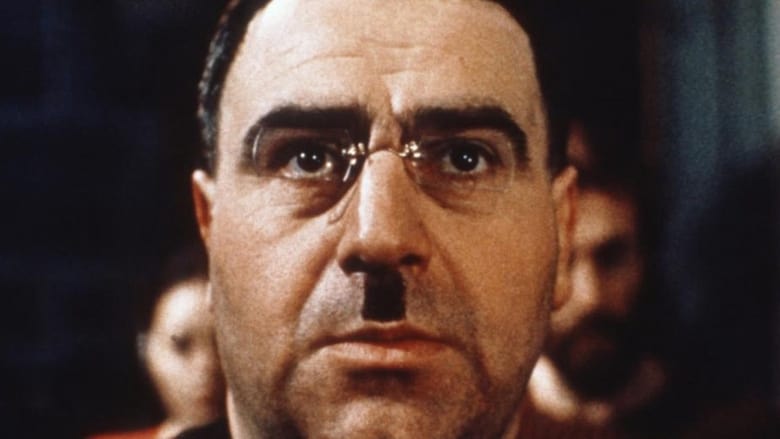
Repentance (1987)
The day after the funeral of Varlam Aravidze, the mayor of a small Georgian town, his corpse turns up in his son's garden. Although it is secretly reburied, the corpse keeps returning until the police capture the local woman who is responsible. This woman says that Varlam should never be laid to rest since his Stalin-like reign of terror led to the disappearance of her family and friends.
Watch Trailer
Cast


Similar titles
Reviews
Joseph Stalin's purges were one of the most horrific chapters in Soviet history. A famous movie about this period is Nikita Mikhalkov's "Burnt by the Sun". An equally important one is Tengiz Abuladze's "Repentance". This one emphasizes not only the terror visited upon the population, but the efforts to expose the truth and prevent whitewashing of those who committed the genocide. The subject is a man who shares physical similarities with Hitler and Stalin, but is based on Lavrentiy Beria (one of Stalin's acolytes). As mayor of a town in the Georgian Soviet Socialist Republic, he doesn't hesitate to persecute those whom he deems disloyal. Years later, a woman goes to unusual lengths to reveal the truth about his handiwork.Not surprisingly, the movie couldn't get released immediately. It wasn't until after Gorbachev came to power that it got a release. I'd say that the ugly parts of history are more important to know about that the pleasant parts of history, to ensure that they don't get repeated. I understand that Beria was particularly vicious.We don't get to see many movies from Georgia. I wish that I could see more of them. Part of it is that I like getting to see cultures that we don't often get to see, but I would also like to have more insight into their perspective on things. As the 2008 war made clear, Russo-Georgian tensions didn't end with the collapse of the Soviet Union.Anyway, it's an outstanding movie. While it is a bit long, the plot makes up for that. I recommend it.
"Repentance" is part of a trilogy produced on the long term, together with "The Plea" (1968) and "The Wishing Tree" (1977). Nonetheless, it can be watched as stand-alone. Its originality, outstanding aesthetics and compelling themes constitute a landmark in former USSR cinema, as well as worldwide. It is a fascinating metaphor on power, tyranny and ideology. *** WARNING: CONTAINS SPOILERS ***The structure of the movie is as of "Russian puppets" (this comparison is of pure form, since it is Georgian): stories are imbricated in one another. There are six sequences, organised on four different levels.1. PRESENT. A woman, Ketevan, and a man learn the death of Varlam.2. IMAGINATION. (We first think it is a continuation of present action. The true nature of this sequence will only be revealed at the end.) Ketevan imagines she unearths Varlam's body and faces trial.3. PAST. Ketevan during the trial describes how her childhood and family were destroyed by Varlam. It is hence an "imagined flashback" since it is included in part 2.4. FANTASY. Four scenes are included in parts 3 and 5: Nino dreams (she and Sandro try to escape Varlam), Abel daydreams (he talks to a devilish character who is actually Varlam), Merab fantasises twice (he sees Varlam is crazy, Guliko dances near Varlam's body).5. IMAGINATION (same level as 2). We come back to the trial.6. PRESENT (same level as 1). We understand parts 2 to 5 were imagined by Ketevan.This "Russian puppets" structure generates a sensation of confinement, on line with the environment: the story is limited to a town without any news from outside; time seems suspended although the action takes place over decades; we are lost in a indefinite period between modernity and Middle Ages (the horse carriage, the medieval armours). The confinement materialises an allegory: the focus is on symbols, not proportions nor accuracy.Another trademark of the movie is its unique mix of reality and fantasy. For instance, Abel daydreams he sees Varlam eating a fish: when he comes to, his hands actually grasp fish bones. When Merab imagines Varlam is crazy, the scene seems real, and is probably based on actual facts: Varlam was somewhat lunatic, a feature that might have worsened with age. Conversely, many supposedly "authentic" scenes feel unreal. When Sandro comes back, he meets a man in suit and a blindfolded woman (Justice) playing piano outside. When Nino and her young daughter Ketevan look for Sandro's name on logs, the atmosphere is dreamlike or, rather, nightmarish: outstanding images, pace and music make this scene one of the most compelling of the movie, and of cinema in general.The confusion between reality and fantasy even casts doubt on the movie's structure and credibility. Did Ketevan imagine all this, or only partly? What is true or not? Metaphorically, this incertitude illustrates the absurdity of tyranny: everything is irrational. Power is unpredictable: Varlam is grotesque but omnipotent; he suddenly changes from sympathy to repression; stupid accomplices become powerful. Nobody is safe: rules are arbitrary; people can be arrested or released randomly; a centuries-old temple is destroyed for no reason; opponents confess stupid acts (digging a tunnel between London and Bombay) and denounce everybody to weaken the system. Power transits from one generation to another unchanged (the same actor plays Varlam and his son Abel) until it destroys itself: Merab, unable to embrace the system or change it, commits suicide; Abel eventually unearths Varlam and throws him to the crows, exactly as Ketevan said she wanted to.To carry on, despotism will use reasons that look logical but are arbitrary: scientific "progress" overriding everything else (the experiments endangering the temple), a minority presented as "the people" (the letter denouncing Sandro), external threats (repeated a few times), necessity of hardships that will bring better tomorrows (on the glorious music of "Ode to Joy"), senseless quotes celebrated as Gospel ("We will catch the black cat in the dark room, even if there is no cat"). The references to USSR regime are obvious. However, "Repentance" also delivers a general message about dictatorship: Varlam looks at the same time like Beria (glasses), Hitler (moustache) and Mussolini (black shirt, braces). Deep down, all tyrannies rely on irrationality that pretends to be rational.On top of power, "Repentance" is a reflection about ideology. Varlam is cultured: he knows about painting and religious art, he sings, recites Shakespeare, quotes Confucius. So is his son Abel, who plays the piano. Yet knowledge is nothing, and even dangerous, if it is used for wrong reasons. Culture turns against itself: Sandro's paintings are confiscated; the artist Sandro is deported; the temple is destroyed; Varlam promotes precisely what Shakespeare's sonnet criticised. To save the world, we do not need brains but a heart.A heart, granted, but how? Crushed by oppression, people are powerless. Ketevan, whose family was destroyed by Varlam, now feeds a ridiculous little man who supports the dictator; she can only imagine what she could do. Varlam's grandson commits suicide. Opponents collaborate and/or are deported. People fantasise to escape reality.Nevertheless, for a heart and to escape oppression, one can turn to religion. As a reminder, religion was heavily repressed in USSR. Allusions to this repression include: the man at the beginning eats cakes shaped as churches; Varlam in Abel's dream eats a fish (reference to Christ: ICTUS); the temple crumbles and is finally destroyed. Yet as a sign of hope, the movie closes on the wise words of an old lady: "What good is a road if it doesn't lead to a temple?" Spirituality will carry on regardless.In the end, what is the "Repentance" of the title? Merab's who realises how evil his grandfather was? Abel's who throws away Varlam's body? Ketevan's who regrets being unable to perform her imagined revenge? Others' lack of repentance? As the movie, the title encloses different levels of interpretation and remains partly mysterious.
The action takes place in the USSR province of Georgia, today. Varlam Aravidze's funeral has been a very solemn ceremony. And yet, the very next day, his body is dug up and dumped into his son Avel's garden. Buried once again, the body is once again unearthed, as if this man's corpse was destined not to rest in peace. The culprit is soon found. Ketevan Barateli is dragged to court where a long flash-back shows us the persecutions her family had to endure under the dictator. He persecuted her father, her mother, who have since both disappeared and then Ketevan herself, with a cruelty sadistic and pervert.The trial brings to light the truth about a man who was but the mayor of a small town but whose personality and behaviour bring to mind both Mussolini and Hitler, as well as Stalin and Beria.Varlams Grandson commits suicide when he discovers the truth about his grandfather and denial of everything by his father.And still the dictator's corpse cannot rest in peace...Varlam & Avel Aravidze is played by Avtandil Makharadze. Brilliant performance - one of the best dictator faces ever done.
My only complaint about Tengiz Abuladze's REPENTANCE (English title) is that I am uncertain what was real and what was fantasy. However, since this was undoubtedly his intention, I cannot properly call it a complaint. Outside of David Lynch films, I have never seen more perfectly executed dream imagery than that of REPENTANCE; the beauty of these sequences is accentuated by the surreal atmosphere of the various dreamers' waking lives. The cast is uniformly excellent, the premise unique, and much of the dialogue resonates with beauty, despair and universal truth, often mingled with humor. No character is utterly devoid of sympathy, nor is any character entirely sympathetic. All is ambiguous, just as it is in our own so-called "reality".


